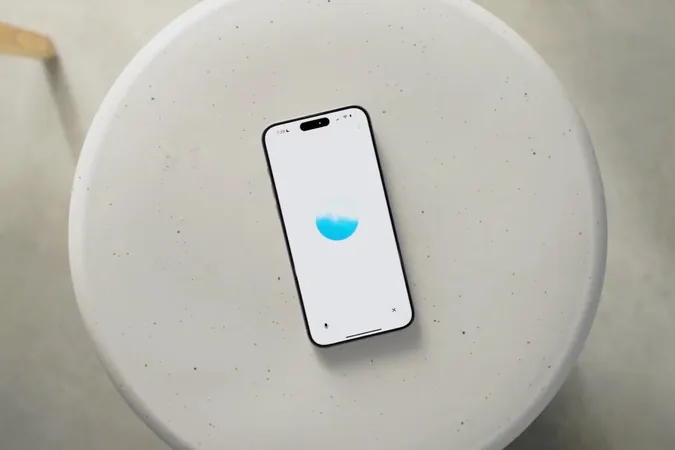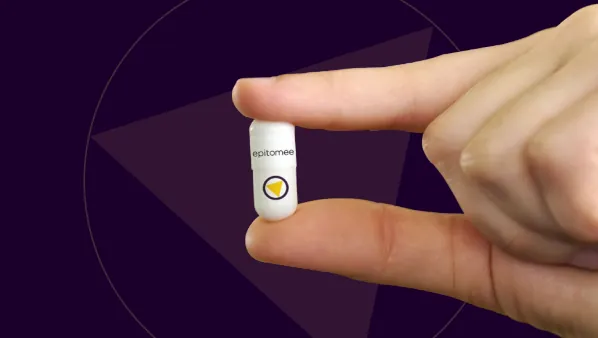
OpenAI Unveils ChatGPT's Eerie New Voice Assistant: Here’s What You Need to Know!
2024-09-24
OpenAI is making waves this week with the highly anticipated rollout of its ChatGPT voice assistant for paying subscribers. Dubbed the Advanced Voice Mode (AVM), this feature promises to enhance user interaction but raises intriguing questions about the nature of artificial intelligence and how it mimics human voices.
The AVM has begun reaching users who subscribe to ChatGPT Plus, with OpenAI showcasing its capabilities through a tweet that featured a demonstration. In a heartwarming scenario, the voice assistant helps a user craft an apology to their grandmother for being late. The user seamlessly switches to Mandarin, and the assistant delivers the message flawlessly. OpenAI claims the AVM can communicate in over 50 languages—an impressive feat that underscores the power of AI translation.
First unveiled back in May, the AVM stirred up quite a stir when critics pointed out its striking similarity to Hollywood actress Scarlett Johansson's voice. This resemblance prompted Johansson to issue a legal warning to the company, as she had previously declined an offer to lend her voice to the project. Despite these controversies, the final voice used in the demo retains a hint of her inflection, adding to the feature's uncanny nature.
Though the AVM was officially launched in July, its initial availability was limited to a select group of ChatGPT Plus subscribers. However, this week marks a significant step in a more extensive rollout to additional subscribers and Team users, with Enterprise and Educational users expected to gain access shortly thereafter. Notifications will inform users when the AVM is available in their app.
The feature introduces five new voices: Arbor, Maple, Sol, Spruce, and Vale, bringing the total to nine options for users to experiment with. This increase in voice variety allows for a more personalized experience, catering to a range of user preferences.
A fascinating aspect of the AVM is its customizable settings. Users can specify how they prefer the assistant to communicate—whether they want it to articulate clearly and slowly or to refer to them by a particular name. Additionally, it can serve as an interviewer, making it an ideal tool for those wanting to prepare for job interviews or public speaking engagements.
OpenAI has also made several enhancements with the AVM, including improving conversational speed, fluidity, and accent adaptation. The voice assistant is designed to tailor its tone to fit the emotional vibe of the conversation, further blurring the lines between human and machine interaction.
As AI technology continues to evolve, the introduction of voice assistants like ChatGPT's AVM raises important discussions on ethics, identity, and creativity in the digital age. How will users respond to this increasingly lifelike technology? The possibilities are limitless, but so are the concerns. Buckle up—this development in AI could change how we communicate forever!



 Brasil (PT)
Brasil (PT)
 Canada (EN)
Canada (EN)
 Chile (ES)
Chile (ES)
 España (ES)
España (ES)
 France (FR)
France (FR)
 Hong Kong (EN)
Hong Kong (EN)
 Italia (IT)
Italia (IT)
 日本 (JA)
日本 (JA)
 Magyarország (HU)
Magyarország (HU)
 Norge (NO)
Norge (NO)
 Polska (PL)
Polska (PL)
 Schweiz (DE)
Schweiz (DE)
 Singapore (EN)
Singapore (EN)
 Sverige (SV)
Sverige (SV)
 Suomi (FI)
Suomi (FI)
 Türkiye (TR)
Türkiye (TR)